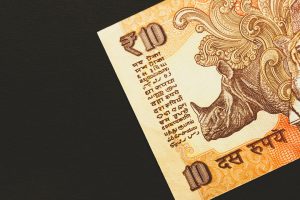Forex trading, also known as foreign exchange trading, is the act of buying and selling currencies in order to make a profit. It is a highly volatile market, meaning that prices can fluctuate rapidly and unpredictably. This volatility can be both a blessing and a curse for traders, as it can lead to large profits or significant losses.
There are several factors that contribute to the volatility of the forex market. One of the most significant is economic and geopolitical events. For example, if there is a sudden change in interest rates, or if a country experiences political instability, the value of its currency may change dramatically. Traders who are able to anticipate these events and make trades accordingly can profit greatly, but those who are caught off-guard can suffer significant losses.
Another factor that contributes to the volatility of the forex market is the sheer volume of trading that takes place. The forex market is the largest financial market in the world, with an estimated $5 trillion traded every day. This volume of trading can lead to rapid price movements, as traders buy and sell currencies in response to changing market conditions.
In addition to economic and geopolitical factors, the behavior of individual traders can also contribute to volatility in the forex market. Traders who make large trades or use leverage to amplify their positions can influence the market, potentially causing sudden price movements. This can be especially true in the case of retail traders, who may not have the same level of financial resources or market knowledge as institutional traders.
Despite its volatility, forex trading can be a highly profitable endeavor for those who are able to manage risk effectively. Traders who are able to anticipate market movements and implement effective risk management strategies can potentially profit from even the most volatile market conditions.
One way to manage risk in forex trading is through the use of stop-loss orders. These are orders that are placed to automatically close out a trade if the price reaches a certain level, limiting potential losses. Traders can also use leverage to amplify their positions, but this comes with the risk of magnifying losses as well.
Another important aspect of risk management in forex trading is the use of technical analysis. This involves analyzing market data, such as price charts and technical indicators, to identify trends and potential trading opportunities. Technical analysis can help traders to make informed decisions and avoid emotional responses to market volatility.
In conclusion, forex trading is a highly volatile market that can be both profitable and risky. Traders who are able to anticipate market movements and manage risk effectively can potentially profit from even the most volatile market conditions. However, it is important to be aware of the risks involved and to implement effective risk management strategies in order to minimize losses. With the right approach, forex trading can be a lucrative and exciting way to invest in the global economy.





